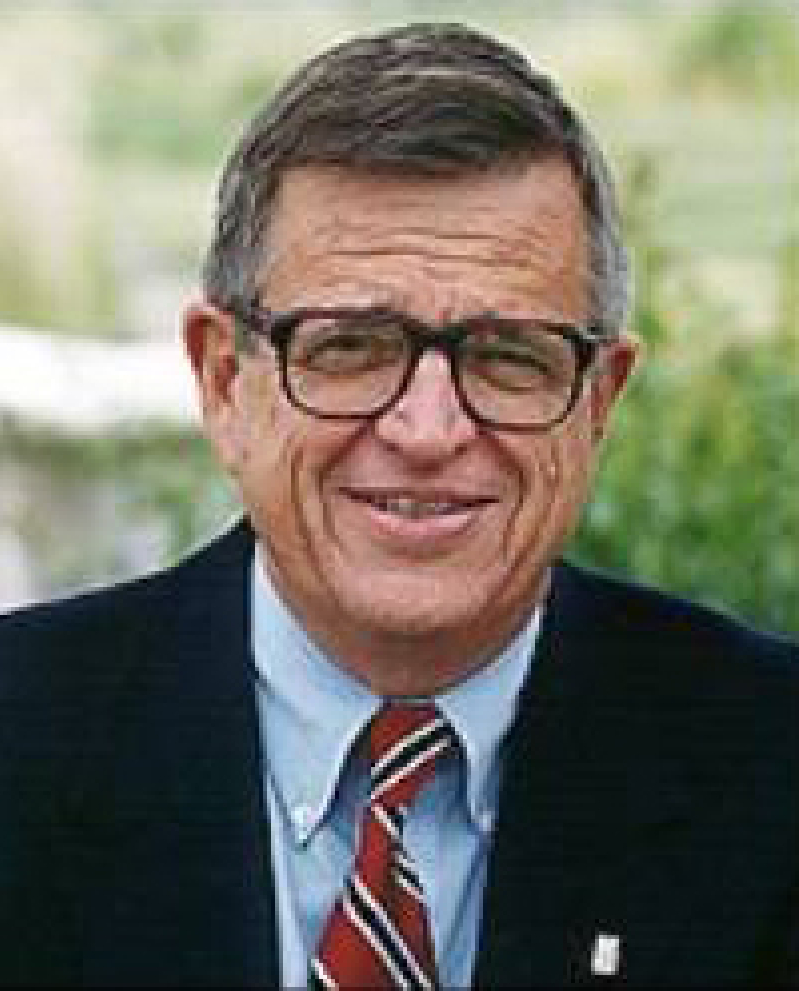
In the 19th and early 20th centuries, approximately 1.3 million Swedes emigrated to the United States. By 1910, one in every five Swedes lived in America.
After more than a century away from the old country, you’d expect Swedish-Americans to be very different from their old-world cousins. But in terms of life expectancy and economic achievement, they are remarkably similar. This is despite the fact that social policies in the U.S. and Sweden are vastly different.
In a recent column in the New York Times, the astute observer David Brooks cites these similarities in support of the proposition that “huge policy differences” make, at best, small differences in real-world outcomes.
His point isn’t that “policy choices are meaningless,” but that “the influence of politics...is usually swamped by the influence of culture, ethnicity, psychology and dozens of other factors.”
Thus, Asian-Americans in Michigan have on average 11 years longer to live than their white neighbors and 17 years longer than their black ones.
Where you live also makes a difference. People who live in what Brooks calls the “high trust regions” are more likely to live longer and have a college education. He says these regions produce “positive feedback loops of good culture and good human capital programs.”
In other words, people who live among affluent and well-educated people are more likely to be affluent and well-educated themselves.
As Christians, we certainly don’t disagree with this. We know, above all people, the importance of culture and the habits it produces. These habits, more than any government policy, keep people out of poverty by teaching them the importance of hard work, thrift, and postponing gratification.
Likewise, people who believe that their bodies are the temple of the Holy Spirit are less likely to indulge in practices-like drug and alcohol abuse-that damage those temples.
At a time when more and more Americans are looking to government to solve so many of life’s problems, we need a reminder that a good society isn’t built by government dictates but by the shared values of what Edmund Burke called the “little platoons” of society-families, churches, civic groups, and other associations.
These and other reasons are why the church is in the culture-shaping business.
But Brooks goes a little too far in downplaying the role of government policies. On the one hand, he says that government should not only avoid interfering with culture-building institutions. That’s a policy. But he also writes that government should encourage and support the work of these institutions. That, too, is a policy.
Also, Brooks pays short shrift to law’s teaching function-something Christians should never do. We know that law can’t force people to think and feel a certain way, but it can teach them what they ought to do. For example, the Civil Rights Act was way ahead of where most Americans were with regards to race relations when it was enacted. You see, the law is a moral teacher.
Nonetheless, Brooks is on to something which should be obvious, but must be stated again and again: It’s a healthy culture, more than anything else, that produces a healthy society. And a healthy culture produces healthy politics as well.
From BreakPoint, May 13, 2010, Copyright 2010, Prison Fellowship Ministries. Reprinted with the permission of Prison Fellowship Ministries. All rights reserved. May not be reproduced or distributed without the express written permission of Prison Fellowship Ministries. “BreakPoint®” and “Prison Fellowship Ministries®” are registered trademarks of Prison Fellowship







